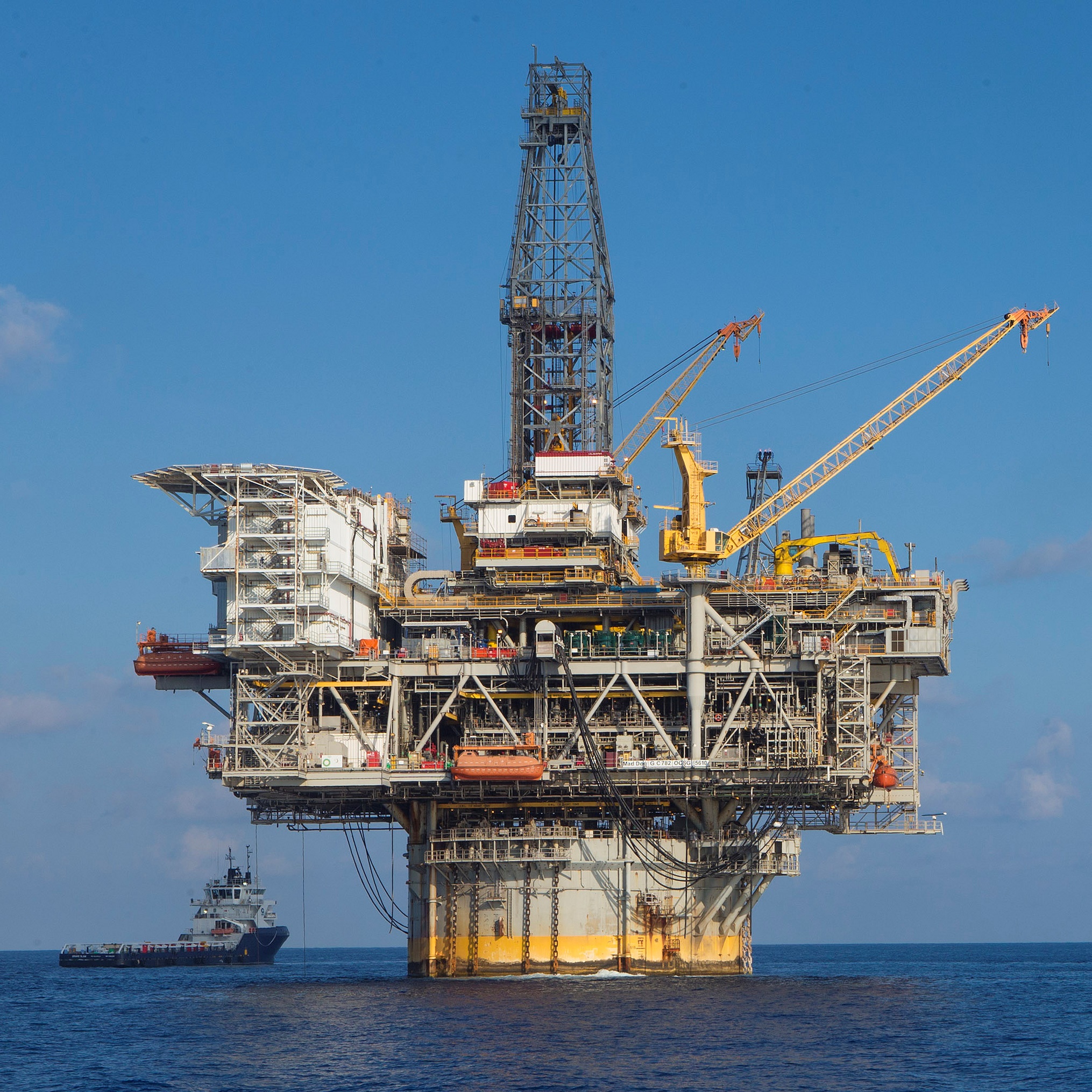
Royal Dutch Shell PLC (NYSE: RDS-A) said last week that it sees a similar charge of up to $2.5 billion when it reports fourth-quarter earnings.
Over the longer term, however, both companies should see gains from the change, although neither one made any comment on that. BP said that it expects future U.S. after-tax earnings “to be positively impacted” by changes to U.S. tax law.
The oil industry is not the only one that will be hit by a reduction in the value of its tax-deferred assets. The financial sector also faces some big one-time penalties. Last week Goldman Sachs Group Inc. (NYSE: GS) estimated a charge of $5 billion in the fourth quarter and Barclays PLC (NYSE: BCS) expects a charge of $1.3 billion.
Lowering the corporate tax rate decreases the value of tax-deferred assets that companies bank during unprofitable periods that they can later use to offset future tax liability when good times return. Cutting the corporate tax rate reduces the value of the tax-deferred assets.
Once these charges are booked, however, big banks and oil companies have a lot to look forward to. For BP and Shell and other oil producers, the cut to the marginal tax rate is the biggest benefit of the new tax law, but a close second is a change in the way companies can account for capital spending.
Instead of stretching capex out over a period of years, the new tax law allows companies to expense capital spending in the year it occurs. For a capital intensive business like oil exploration and production, this is a huge benefit.
The expected charges are not having a negative impact on BP’s share price in Tuesday’s premarket. Shares traded up 0.2%, at $42.12 in a 52-week range of $33.10 to $42.23. The high was posted Friday when it was already clear that this tax change would have an immediate short-term cost. But the oil business is a long-term game and investors are discounting the short-term cost because the long-term payoff, coupled with rising prices for crude, are expected shortly to provide a profit boost.
Travel Cards Are Getting Too Good To Ignore (sponsored)
Credit card companies are pulling out all the stops, with the issuers are offering insane travel rewards and perks.
We’re talking huge sign-up bonuses, points on every purchase, and benefits like lounge access, travel credits, and free hotel nights. For travelers, these rewards can add up to thousands of dollars in flights, upgrades, and luxury experiences every year.
It’s like getting paid to travel — and it’s available to qualified borrowers who know where to look.
We’ve rounded up some of the best travel credit cards on the market. Click here to see the list. Don’t miss these offers — they won’t be this good forever.
Thank you for reading! Have some feedback for us?
Contact the 24/7 Wall St. editorial team.
 24/7 Wall St.
24/7 Wall St.



